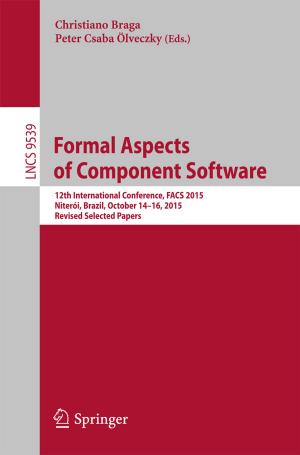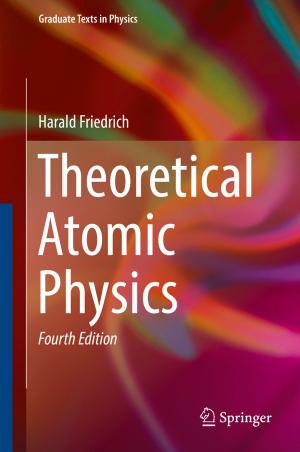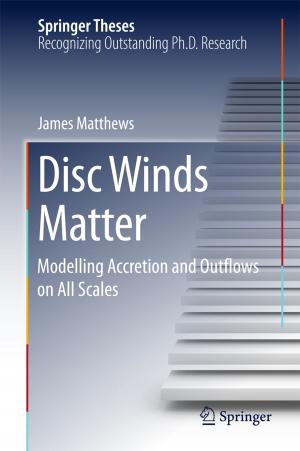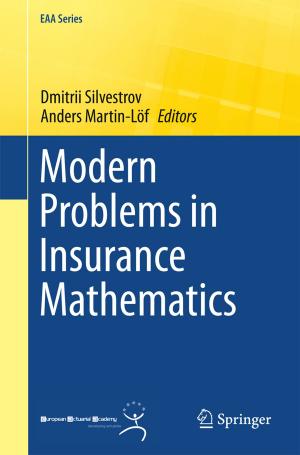A Fixed-Point Farrago
Nonfiction, Science & Nature, Mathematics, Number Systems, Mathematical Analysis| Author: | Joel H. Shapiro | ISBN: | 9783319279787 |
| Publisher: | Springer International Publishing | Publication: | May 23, 2016 |
| Imprint: | Springer | Language: | English |
| Author: | Joel H. Shapiro |
| ISBN: | 9783319279787 |
| Publisher: | Springer International Publishing |
| Publication: | May 23, 2016 |
| Imprint: | Springer |
| Language: | English |
This text provides an introduction to some of the best-known fixed-point theorems, with an emphasis on their interactions with topics in analysis. The level of exposition increases gradually throughout the book, building from a basic requirement of undergraduate proficiency to graduate-level sophistication. Appendices provide an introduction to (or refresher on) some of the prerequisite material and exercises are integrated into the text, contributing to the volume’s ability to be used as a self-contained text. Readers will find the presentation especially useful for independent study or as a supplement to a graduate course in fixed-point theory.
The material is split into four parts: the first introduces the Banach Contraction-Mapping Principle and the Brouwer Fixed-Point Theorem, along with a selection of interesting applications; the second focuses on Brouwer’s theorem and its application to John Nash’s work; the third applies Brouwer’s theorem to spaces of infinite dimension; and the fourth rests on the work of Markov, Kakutani, and Ryll–Nardzewski surrounding fixed points for families of affine maps.
This text provides an introduction to some of the best-known fixed-point theorems, with an emphasis on their interactions with topics in analysis. The level of exposition increases gradually throughout the book, building from a basic requirement of undergraduate proficiency to graduate-level sophistication. Appendices provide an introduction to (or refresher on) some of the prerequisite material and exercises are integrated into the text, contributing to the volume’s ability to be used as a self-contained text. Readers will find the presentation especially useful for independent study or as a supplement to a graduate course in fixed-point theory.
The material is split into four parts: the first introduces the Banach Contraction-Mapping Principle and the Brouwer Fixed-Point Theorem, along with a selection of interesting applications; the second focuses on Brouwer’s theorem and its application to John Nash’s work; the third applies Brouwer’s theorem to spaces of infinite dimension; and the fourth rests on the work of Markov, Kakutani, and Ryll–Nardzewski surrounding fixed points for families of affine maps.















